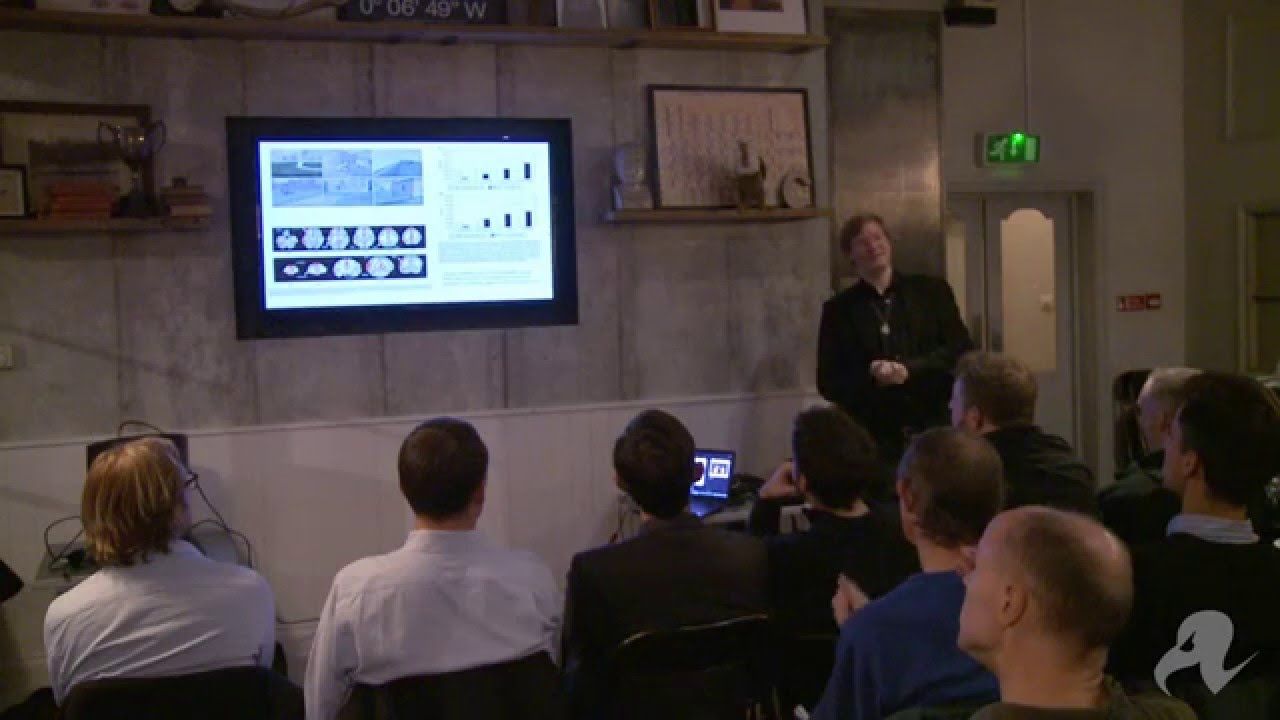Page 11525
Jan 1, 2016
Contaminants, Explosives, and Diseases Can Now Be Detected With Just One Molecule
Posted by Shailesh Prasad in category: biotech/medical
It is now possible to detect just one molecule of a substance, and we can detect said substance whether it is a solid, liquid, or gas.
Jan 1, 2016
Teslasuit: This Full Body Suit Lets You Feel Virtual Reality
Posted by Shailesh Prasad in category: virtual reality

Now you can “feel what you play,” with this full body virtual reality suit that simulates everything from temperature to hugs.
Jan 1, 2016
The World Is Racing to Build a Moon Base — Here’s What It Could Look Like
Posted by Dan Kummer in category: space
It’s a global space race to live on the moon. Around 26 nations want to figure out what that’s going to look like.
In the past, NASA has been a big fan of expandable, inflatable modules, like the ones made by Bigelow Aerospace. The ESA’s concept art shows buildings made out of the natural elements found on the lunar surface. This idea isn’t far-fetched; product designers have used sand to print in the past.
Jan 1, 2016
Potential delay for first test flight of India’s spaceplane demonstrator
Posted by Dan Kummer in categories: space, transportation
The Indian Space Research Organisation (ISRO) may have to delay the first test flight of its experimental Reusable Launch Vehicle-Technology Demonstrator (RLV-TD) spaceplane. The unmanned sub-orbital spacecraft, which is similar in design to the US Air Force’s X-37B, was scheduled to be launched in February, but technical difficulties may put back the flight to the first week of April.
According to a report in the New Indian Express, a minor leak in the flight systems of the RLV-TD led to the potential setback. K Sivan, director of the Vikram Sarabhai Space Centre (VSSC), where the craft is being developed, told the paper that the spacecraft needed to be reassembled, which could cause a significant delay if more problems occur.
The RLV-TD is a two-stage scaled prototype of India’s Avatar spacecraft designed to drastically reduce the cost of launching payloads into orbit from US$5,000 per kilogram (2.2 lb) to US$500. RLV-TD is a winged technology demonstrator for testing flight and propulsion systems that will allow the completed Avatar to return to Earth for a controlled landing like a conventional aircraft.
Jan 1, 2016
Seeing daylight | The Economist
Posted by Odette Bohr Dienel in categories: environmental, governance
Jan 1, 2016
Register Christmas Lecture — Anders Sandberg on Transhumanism
Posted by Amnon H. Eden in categories: futurism, transhumanism

From Humanity Plus:
Anders Sandberg of Oxford University’s Future of Humanity Institute delivered our first 2015 Reg Winter Lecture, taking us on a dizzying tour of transhumanism and human enhancement, which covered why chimpanzees are confused, why the Euro would be in better shape if the politicians put out bowls of stimulants at the next emergency summit, and how some of his friends are experimenting with do it yourself brain hacking.
Jan 1, 2016
Can Governments Ban Bitcoin?
Posted by Philip Raymond in categories: bitcoin, cryptocurrencies, disruptive technology, economics, government, internet
Recently, I was named Most Viewed Writer on Bitcoin and cryptocurrency at Quora.com (writing under the pen name, “Ellery”). I don’t typically mirror posts at Lifeboat, but a question posed today is  relevant to my role on the New Money Systems board at Lifeboat. Here, then, is my reply to: “How can governments ban Bitcoin?”
relevant to my role on the New Money Systems board at Lifeboat. Here, then, is my reply to: “How can governments ban Bitcoin?”
Governments can enact legislation that applies to any behavior or activity. That’s what governments do—at least the legislative arm of a government. Such edicts distinguish activities that are legal from those that are banned or regulated.
You asked: “How can governments ban Bitcoin?” But you didn’t really mean to ask in this way. After all, legislators ban whatever they wish by meeting in a congress or committee and promoting a bill into law. In the case of a monarchy or dictatorship, the leader simply issues an edict.
So perhaps, the real question is “Can a government ban on Bitcoin be effective?”














